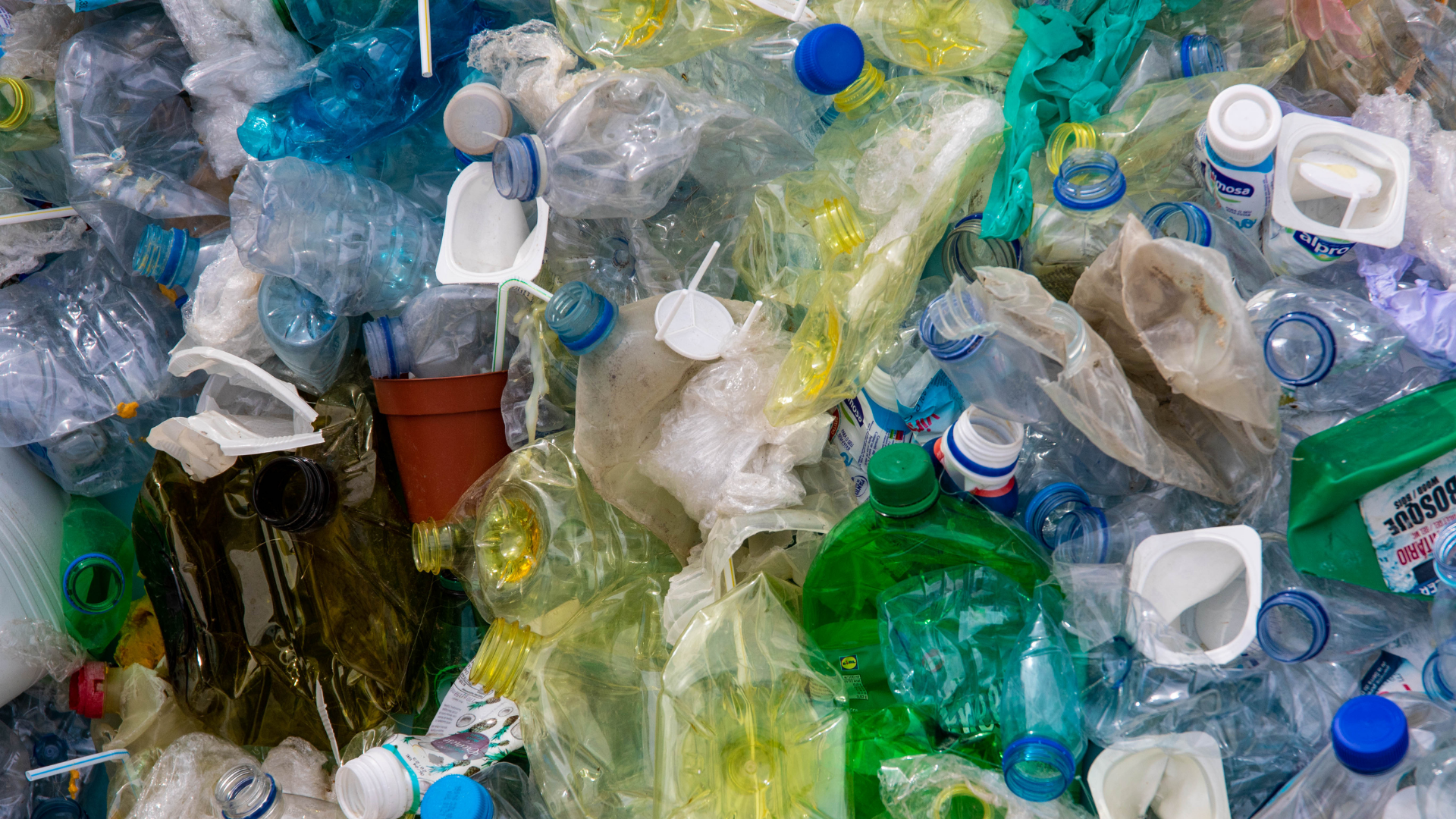Plastic eaters
Every microbe has its own talent. For example, there are microbes that break down plastic. Researchers from Chalmers University of Technology (Sweden) examined all microbes that have been discovered on Earth using computer models, and looked at whether they produce plastic-degrading enzymes. This is possible by looking at the DNA and specifically all the genes of all these different microbes. By gaining more insight into these enzymes, the process of breaking down plastic can, in theory, be accelerated.
And guess what? There are as many as 30,000 enzymes in the microbial world that can potentially break down plastic. The microbes that make these enzymes can be found both in water and on land. And more importantly: especially in places where there is a lot of plastic pollution.
Worldwide distribution
Samples from all over the world were collected and the microbes contained within were identified. This data was compared with the information available on plastic pollution. In the oceans, for example, enzymes that may break down plastic have been identified in several bacterial species. It was noticed that in the samples taken deeper in the ocean, more bacteria may be able to break down plastic. It is at these depths that you will also find a lot of microplastic in the water.
Learning from microbes
Does this mean that nature can solve the plastic problem itself? No. Our help is desperately needed, but we can take an example from these microbes. If we can learn how to grow the microbes and/or imitate their enzymes, we'll have many little helpers who can join us in the fight against the plastic. But you also have a lot of responsibility and perhaps the easiest solution: throw away plastic in the designated places. This way you also contribute to a better world.
Resources
https://journals.asm.org/doi/10.1128/mBio.02155-21
https://www.sciencedaily.com/releases/2021/12/211214084551.htm

